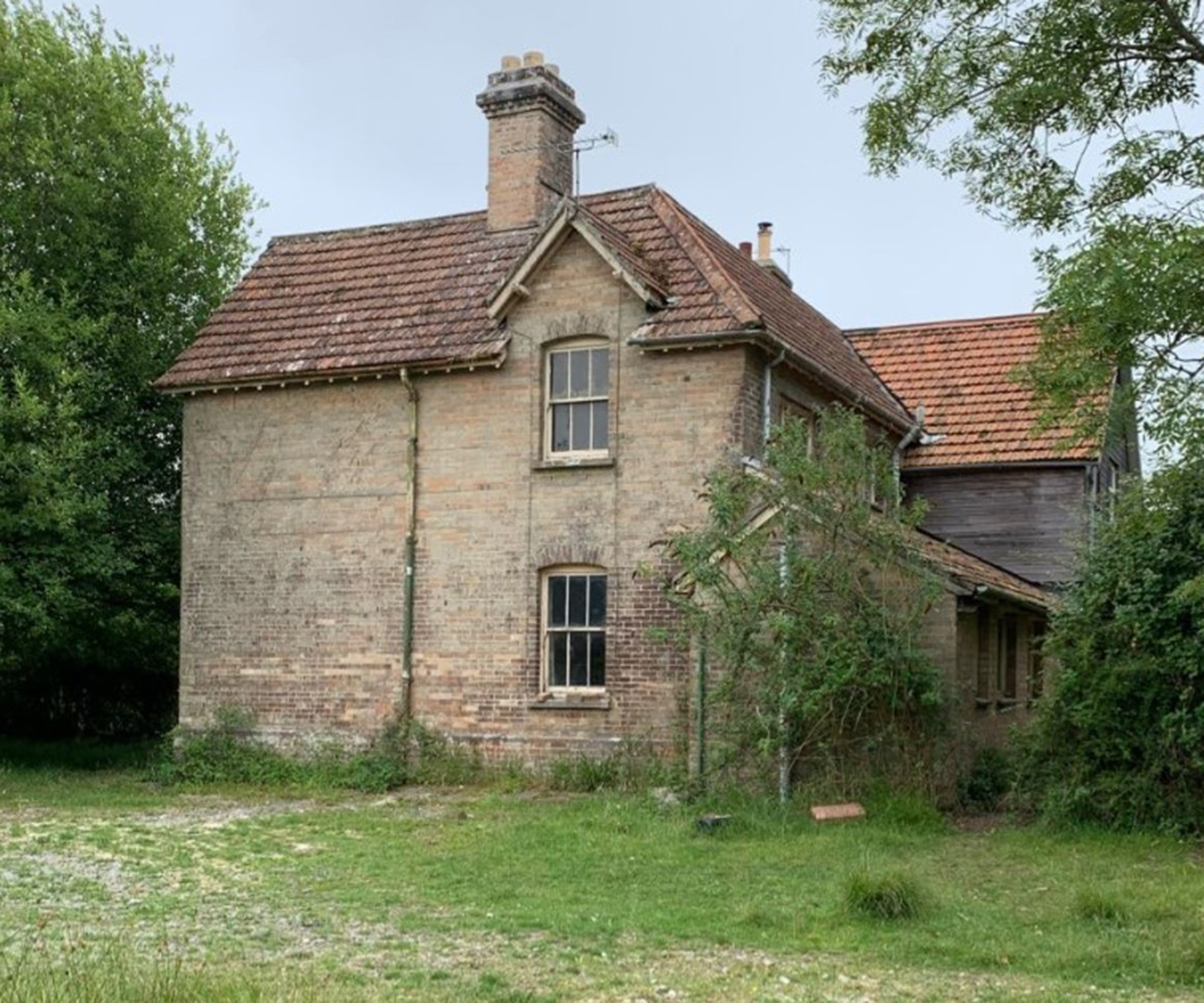
"A growing number of properties in the UK are sitting empty, a stark contradiction to the nation's severe housing crisis. According to the latest government figures, Council Taxbase, which is used for tracking vacant properties, there are over 700,000 empty homes in England. Of those, 264,884 are classed as "long-term empty," meaning they have been vacant for six months or more."
"One of the most common reasons a home becomes empty is the death of its owner. The property can remain vacant for months or even years while the legal paperwork is sorted out. A report from the Scottish Empty Homes Partnership has highlighted that "the death of the previous owner" is a common reason for a house to become empty. Legal delays and a lack of action by relatives can also keep a property empty for years."
"Sometimes, homes are left empty on purpose by investors. The campaign manager for Action on Empty Homes, Chris Bailey, has said it is "a disgrace that we've seen the numbers keep climbing in lockstep with rising homelessness and housing shortages." He points out that some landlords buy empty properties at auctions and then do little with them, waiting for the value to increase."
Over 700,000 homes in England currently stand empty, including 264,884 vacant for six months or more. Common causes include the death of an owner, leaving properties unoccupied while legal paperwork is resolved and relatives fail to act. Some investors deliberately leave properties vacant after buying at auction, treating homes as long-term investments or pensions while waiting for values to rise. Second homes and holiday lets reduce housing available to local residents and workers. Campaigners call the rising empty-home numbers shameful, and repurposing empty homes is useful but not a complete solution to supply and affordability issues.
Read at Homebuilding
Unable to calculate read time
Collection
[
|
...
]